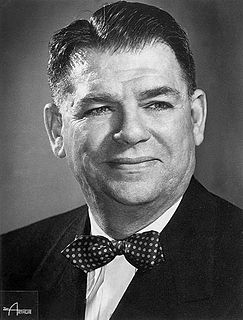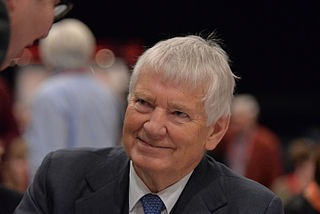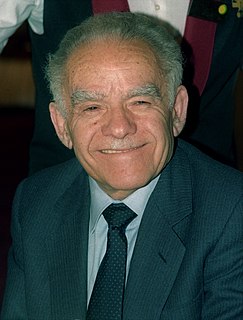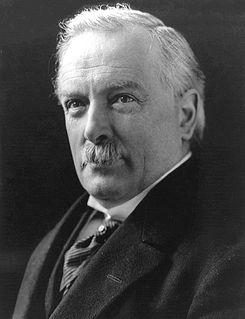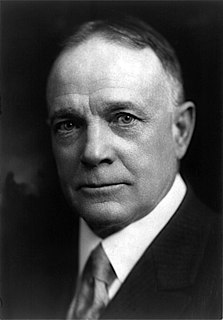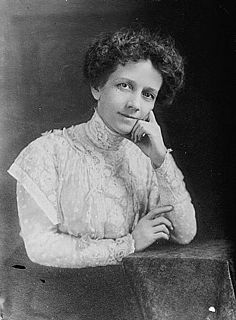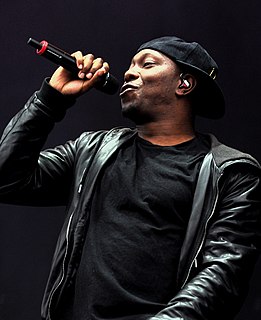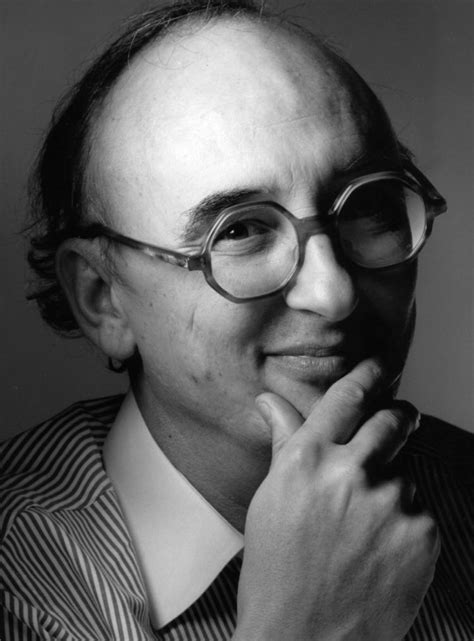Top 126 Slums Quotes & Sayings - Page 2
Explore popular Slums quotes.
Last updated on December 11, 2024.
God is in the slums, in the cardboard boxes where the poor play house. God is in the silence of a mother who has infected her child with a virus that will end both their lives. God is in the cries heard under the rubble of war. God is in the debris of wasted opportunity and lives, and God is with us if we are with them.
The average ordinary person, in the worst slums of America, someone who might even hate the law and disagree with the government, they would do something about that [abandoned child]. But in Afghanistan, people hardly have the means to take care of themselves, let alone a random child on the street.
Excellent teachers showered on to us like meteors: Biology teachers holding up human brains, English teachers inspiring us with a personal ideological fierceness about Tolstoy and Plato, Art teachers leading us through the slums of Boston, then back to the easel to hurl public school gouache with social awareness and fury.
You have to start with slavery because those abuses have never been eradicated. You know, people are not living in slums because they voted to. You know, their children are not in jail because they wanted them to. You know, these are the results of a people who have been oppressed and suffer national oppression, you know.
People were consuming on average less calories after the war than during the war. Things were still very tough. If you look at the film footage of London streets, even in areas which weren't slums, there are kids in the streets who are dirty and have no shoes on. It was rough. There was a real edge.
Israel uses sophisticated attack jets and naval vessels to bomb densely-crowded refugee camps, schools, apartment blocks, mosques, and slums to attack a population that has no air force, no air defense, no navy, no heavy weapons, no artillery units, no mechanized armor, no command in control, no army and calls it a war.
But look what we have built low-income projects that become worse centers of delinquency, vandalism and general social hopelessness than the slums they were supposed to replace. Cultural centers that are unable to support a good bookstore. Civic centers that are avoided by everyone but bums. Promenades that go from no place to nowhere and have no promenaders. Expressways that eviscerate great cities. This is not the rebuilding of cities. This is the sacking of cities.
For years, Lebanese have known that Palestinian camps like Nahr al-Barid and Ain al-Helwe - hopeless slums crowded with generations of disenfranchised Palestinian refugees who can't go home because of Israel, and can't work because of Lebanese laws - are awash with gunmen, criminals and, since the war in Iraq, al-Qaida inspired jihadists.
When we were walking through the narrow alleys [of the Mathare Valley slums], it was literally impossible not to step in the raw sewage and the garbage alongside the little homes. But at the same time it was also impossible not to see the human vitality, the aspiration and the ambition of the people who live there.
I was spending a lot of time in Mumbai after I met my husband, who is Indian, and while parts of the city were prospering like crazy, I couldn't quite make out how the new wealth had changed the prospects of the majority of city residents who lived in slums. So after a few years I stopped wondering and started reporting.
As to whether Marcos is gay: Marcos is gay in San Francisco, black in South Africa, an Asian in Europe, a Chicano in San Ysidro, an anarchist in Spain, a Palestinian in Israel, a Mayan Indian in the streets of San Cristobal, a Jew in Germany, a Gypsy in Poland, a Mohawk in Quebec, a pacifist in Bosnia, a single woman on the Metro at 10pm, a peasant without land, a gang member in the slums, an unemployed worker, an unhappy student and, of course, a Zapatista in the mountains.
The earthquake in Haiti was a class-based catastrophe. It didn't much harm the wealthy elite up in the hills, they were shaken but not destroyed. On the other hand the people who were living in the miserable urban slums, huge numbers of them, they were devastated. Maybe a couple hundred thousand were killed. How come they were living there? They were living there because of-it goes back to the French colonial system-but in the past century, they were living there because of US policies, consistent policies.
The very word "change" has changed. When I was young--and not just because I was young--we looked forward with confident impatience to change. Planned, controlled, beneficent change would continue to clear slums, sweep up the remains of empire, raise living and educational standards, tidy away--firmly but kindly--the last aboriginals who still raved about martial glory or the pride of wealth. Now, as it seems to me, change is set almost exclusively in the minor key, change seen overwhelmingly as loss.
You can go to places in Africa and Asia and find Marley graffiti. In the slums of Nairobi, you see his lyrics painted on walls, and you realise he has this almost religious significance to the underclass of the world. He's a guy born in a hut with no bed, and now he's probably the most listened-to artist in the world. It's fascinating.
Im hoping that for film actors there is this kind of emotional trigger on any subject. It need not be only slums. It can be anything. But even if it is tentative, sooner or later, it will - by its sheer force - engulf you in a way where you make a commitment and you get involved in it, beyond just making it an image-building exercise.
When you have half of Caironese in slums, when you don't have clean water, when you don't have a sewer system, when you don't have electricity, and on top of that you live under one of the most repressive regimes right now... Well, put all that together, and it's a ticking bomb. It's not of a question of threat; it is question of looking around at the present environment and making a rational prognosis.
The real slums are another matter. The bad parts of Tondo are as bad as any place I've seen, ancient, filthy houses swarmed with the poor and stinking of sewage and trash. But there are worse parts - squatter areas where people live under cardboard, in shipping crates, behind tacked-up newspapers. Dad would march you straight to the basement with a hairbrush in his hand if he caught you keeping your hamster cage like this.
Consider how badly-built suburbia is. Many business buildings are not designed to outlast their tax depreciation periods, and the McHouses are made of particle board, vinyl siding, and stapled-on trim. A lot of suburbia will simply become the slums of the future. Most of the rest will be salvage or ruins.
In every conversation I've had - with housewives in Mumbai, with middle-class people, upper-class, in the slums - everyone says there is an underlying consciousness of karma. That people believe in karma - that what you're putting out is going to come back. If I do something to you, the energy of it is going to come back to me in the future.
Of course we will continue to work for cheaper electricity in the homes and on the farms of America; for better and cheaper transportation; for low interest rates; for sounder home financing; for better banking; for the regulation of security issues; for reciprocal trade among nations and for the wiping out of slums. And my friends, for all of these we have only begun to fight.
A religion true to its nature must also be concerned about man's social conditions....A ny religion that professes to be concerned with the souls of men and is not concerned with the slums that damn them, the economic conditions that strangle them, and the social conditions that cripple them is a dry-as-dust religion.
When the Kerner Commission told white America what black America has always known, that prejudice and hatred built the nation’s slums, maintains them and profits by them, white America could not believe it. But it is true. Unless we start to fight and defeat the enemies in our own country, poverty and racism, and make our talk of equality and opportunity ring true, we are exposed in the eyes of the world as hypocrites when we talk about making people free - (Chapter 9).
I have visited sweatshops, factories, and crowded slums. If I could not see it, I could smell it. The foundation of society is laid upon a basis of . . . individualism, conquest and exploitation . . . A social order such as this, built upon such wrong and basic principles, is bound to retard the development of all. The output of a cotton mill or a coal mine is considered of greater importance than the production of healthy, happy-hearted and free human beings. We, the people, are not free. Our democracy is but a name.
He has known joy and violence. Felt the warmth of children and the cruelty of abuse. He has nearly died saving lives and merely been killed by a drunken act. He has known the finery of grand estates and the filth of stinking slums. He has survived fire and flood, starvation and torment. And nothing could break his spirit-or his great love. This is HIS life. He is called the horse.
I've travelled extensively in the last 16 years - to slums in Bangladesh, to townships in South Africa, to all kinds of places in India, etc. When I would go and talk to villagers about something like vaccines, if I stayed long enough, the women would bring the conversation around and say: "What about this family planning tool? We can't keep having the number of children we're having."
For the slow labor of realizing a potential gift the artist must retreat to those Bohemias, halfway between the slums and the library, where life is not counted by the clock and where the talented may be sure they will be ignored until that time, if it ever comes, when their gifts are viable enough to be set free and survive in the world.
America's skyscrapers were not built by public funds nor for a public purpose: they were built by the energy, initiative and wealth of private individuals for personal profit. And, instead of impoverishing the people, these skyscrapers, as they rose higher and higher, kept raising the people's standard of living - including the inhabitants of the slums.
I haunted streets, whorehouses, police stations, courtrooms, theater stages, jails, saloons, slums, madhouses, fires, murders, riots, banquet halls and bookshops. I ran everywhere in the city like a fly buzzing in the works of a clock, tasted more than any fit belly could hold, learned not to sleep, and buried myself in a tick-tock of whirling hours that still echo in me.
Over 1 billion people have no access to clean drinking water, and more than 2.9 billion have no access to sanitation services. The reality is that a child dies every eight seconds from drinking contaminated water, and the sanitation trend is getting sharply worse, mostly because of the worldwide drift of the rural peasantry to urban slums.

